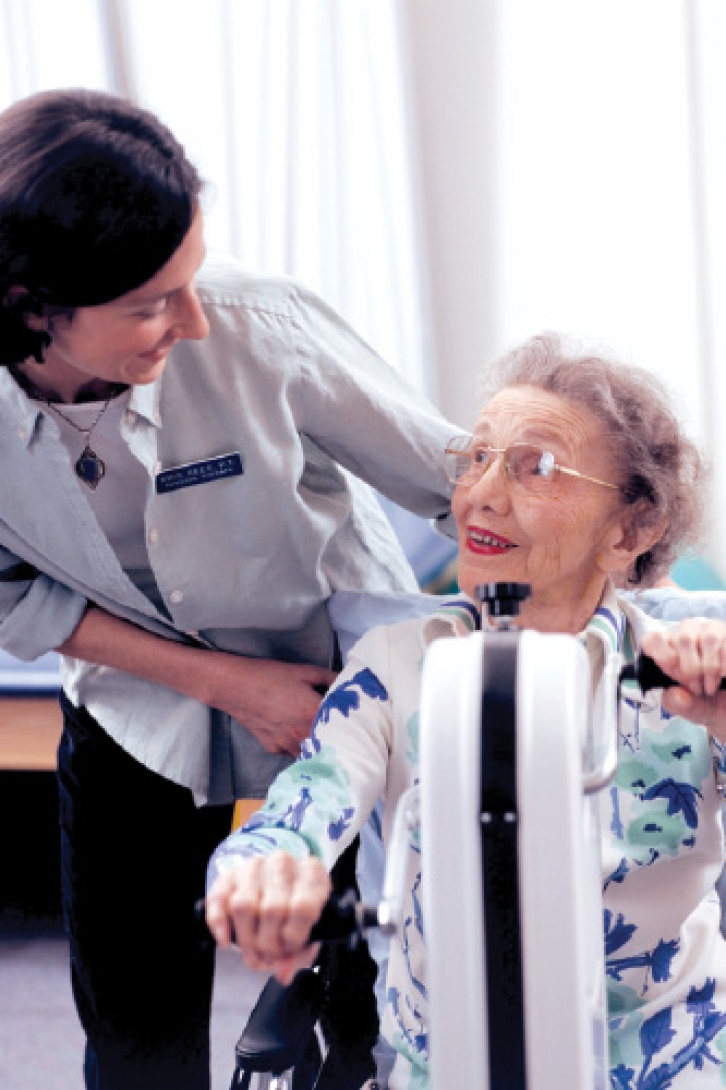Enabling Clients Through Psychological Assistance in Pulmonary Rehabilitation Initiatives.
Wiki Article
Cardio-pulmonary rehab initiatives are created to help individuals with cardiac and pulmonary issues enhance their health and quality of life. These initiatives commonly consist of exercise activity, instruction about heart and lung well-being, and assistance for implementing lifestyle changes. Nonetheless, one crucial element that is sometimes overlooked is the importance of emotional support. Psychosocial assistance refers to the emotional and social assistance that individuals receive during their rehabilitation process. This support can strengthen patients, boost their self-esteem, and assist them navigate the challenges that come with long-term medical conditions.

Individuals in cardiac and pulmonary rehabilitation often face various psychological and emotional challenges. Feelings of nervousness, depression, and isolation can be prevalent. These feelings may stem from the pressure of dealing with a significant medical issue or the fear of upcoming health problems. Psychosocial assistance can aid address these emotions by offering patients with a safe environment to talk about their worries and bond with others who comprehend what they are experiencing through. Group counseling sessions and individual therapy can be effective ways to facilitate this assistance. By engaging with experts and others, patients can acquire coping strategies and discover encouragement from peers who have similar experiences.
Integrating psychosocial assistance into cardiac and pulmonary rehabilitation initiatives can lead to better medical results for patients. Research show that article when patients receive psychosocial support, they are more apt to stick to their rehabilitation plans, adhere to treatment, and make necessary lifestyle choices modifications. This engagement can lead to enhanced health well-being, reduced hospitalizations, and an entire better quality of living. Support teams can encourage see this website motivation and responsibility, helping individuals stay committed to their rehabilitation objectives. This cooperative approach emphasizes the significance of addressing both bodily and emotional health in the rehabilitation journey.
Teachers and medical providers play a vital part in offering emotional assistance within these initiatives. They can assist individuals comprehend the significance of mental health in their rehabilitation journey. By creating an atmosphere of empathy and understanding, medical professionals can promote open communication about feelings and worries. Educating staff in communication skills and emotional support techniques can enhance the general individual journey. Moreover, incorporating education about stress management, relaxation techniques, and healthy adaptation approaches can enable individuals to assume an proactive part in their mental well-being.
To summarize, strengthening patients through emotional support in cardiac and pulmonary rehab initiatives is crucial for encouraging comprehensive recovery. By recognizing the psychological and community dimensions of recovery, healthcare providers can create a more nurturing atmosphere that meets the requirements of the whole person. Patients who receive this comprehensive treatment are more apt to achieve their health goals and enhance their total standard of life. The integration of psychosocial support into recovery initiatives not only enhances the individual experience but also contributes to improved sustained health outcomes.